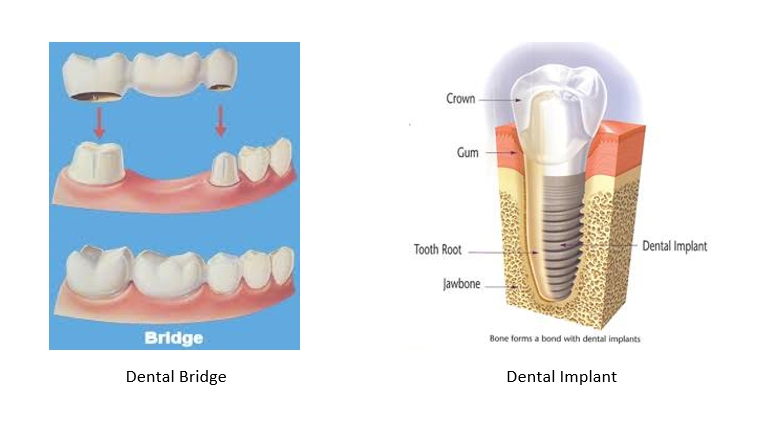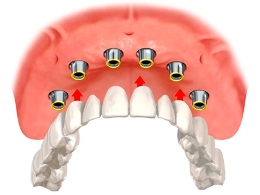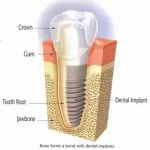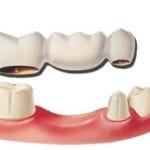My dentist told me that pain from a root canal treatment will peak in 48-72 hours so don’t worry if there is still pain after the procedure. However, I recently read a blog post on a dental website that said pain after a root canal treatment meant the treatment has failed. Which is it?
Laura
Dear Laura,
I’m wondering if the wording of the blog led to the confusion here. There will usually be some pain after a root canal treatment. Plus, as the Novocain wears off the pain will gradually increase. This is normal and, as your dentist mentioned, should peak somewhere between 48-72 hours, though some are pain-free sooner.
When you need to be concerned is if the root canal had completely stopped hurting and then several days later (or even longer) begins to hurt a second time. That would be a sign of a failed root canal treatment. In that case, you would need to see the dentist again in order to have it redone and hopefully save the tooth.
What If You Can’t Save the Tooth?
Sometimes, despite the dentist’s best efforts, a tooth is unsavable. When that happens there is nothing that can be done except to extract and replace it.
Hopefully, this will not become an issue. But, if it does, then the best tooth replacement option will be to get a dental implant. These are the closest to having a healthy, natural tooth again.
This blog is brought to you by Phoenix Dentist Dr. Hillary Peck.





 This is the option your dentist mentioned. It is at the top of the line, the ideal option. In fact, it’s a lot like having your natural tooth back (when it was healthy). The downsides are the cost and the fact that it requires surgery. The surgery is actually its benefit too. It implants a root form into your jawbone which protects you from losing essential bone structure. Click here to
This is the option your dentist mentioned. It is at the top of the line, the ideal option. In fact, it’s a lot like having your natural tooth back (when it was healthy). The downsides are the cost and the fact that it requires surgery. The surgery is actually its benefit too. It implants a root form into your jawbone which protects you from losing essential bone structure. Click here to  This is a second good option. It suspends a false tooth between two dental crowns. The downside is it does remove tooth structure from the adjacent teeth to make room for the crown. This makes more sense if those teeth already need crowns. Then you’re getting two for the price of one. The upside is it’s less expensive. Click here to
This is a second good option. It suspends a false tooth between two dental crowns. The downside is it does remove tooth structure from the adjacent teeth to make room for the crown. This makes more sense if those teeth already need crowns. Then you’re getting two for the price of one. The upside is it’s less expensive. Click here to  This is my least favorite option, but sometimes it’s all a patient can afford, so I help them make the best of it. It just uses a partial denture and clamps to your teeth. There are various types of clamps, all of which come with ups and downs, as well as varying price tags. Your dentist is obligated to tell you about them if you decide to go that route. The obvious downside to these is they’re not fixed in your mouth and can move around. Plus they put pressure on the teeth to which they’re clamped.
This is my least favorite option, but sometimes it’s all a patient can afford, so I help them make the best of it. It just uses a partial denture and clamps to your teeth. There are various types of clamps, all of which come with ups and downs, as well as varying price tags. Your dentist is obligated to tell you about them if you decide to go that route. The obvious downside to these is they’re not fixed in your mouth and can move around. Plus they put pressure on the teeth to which they’re clamped.